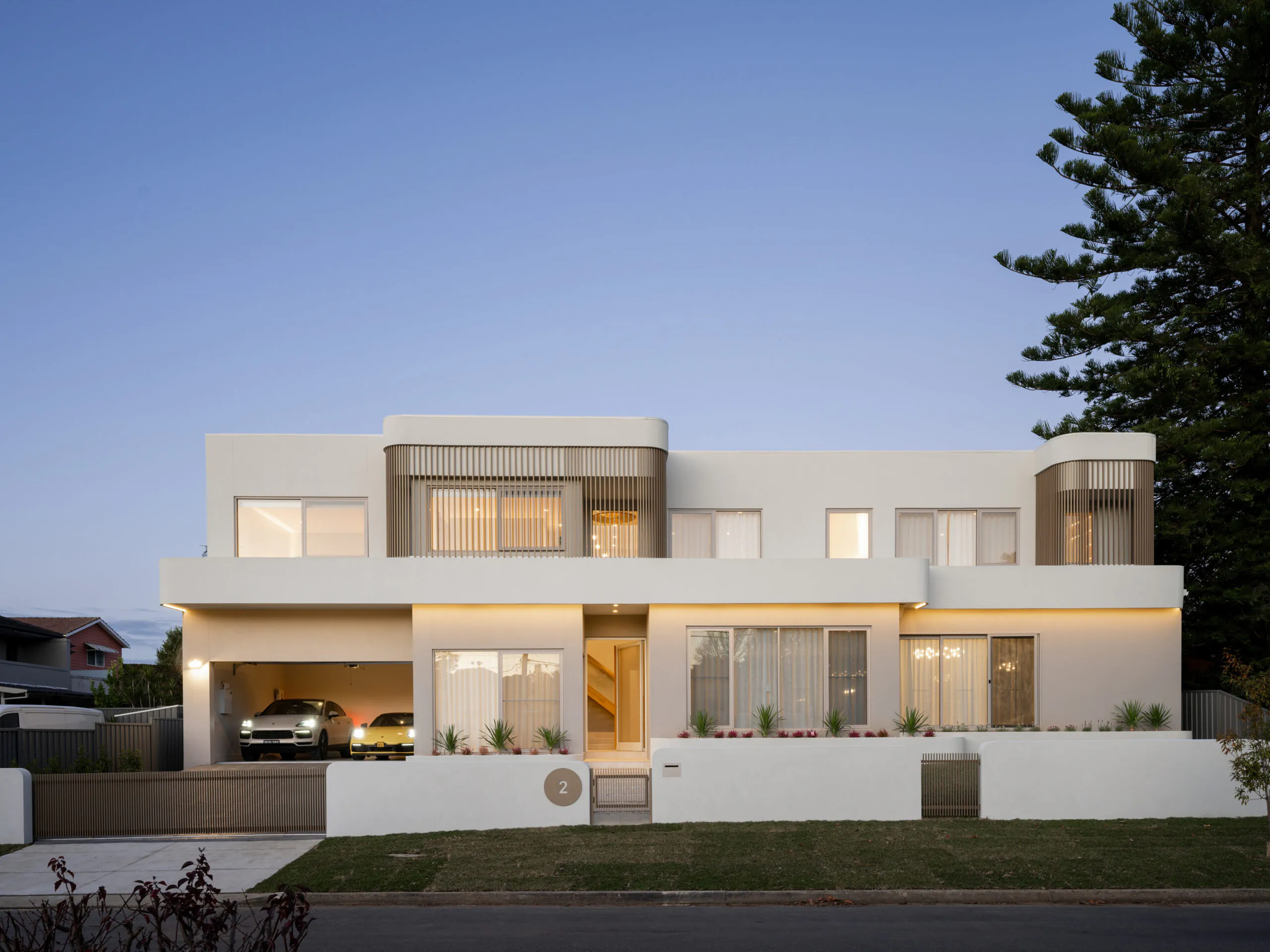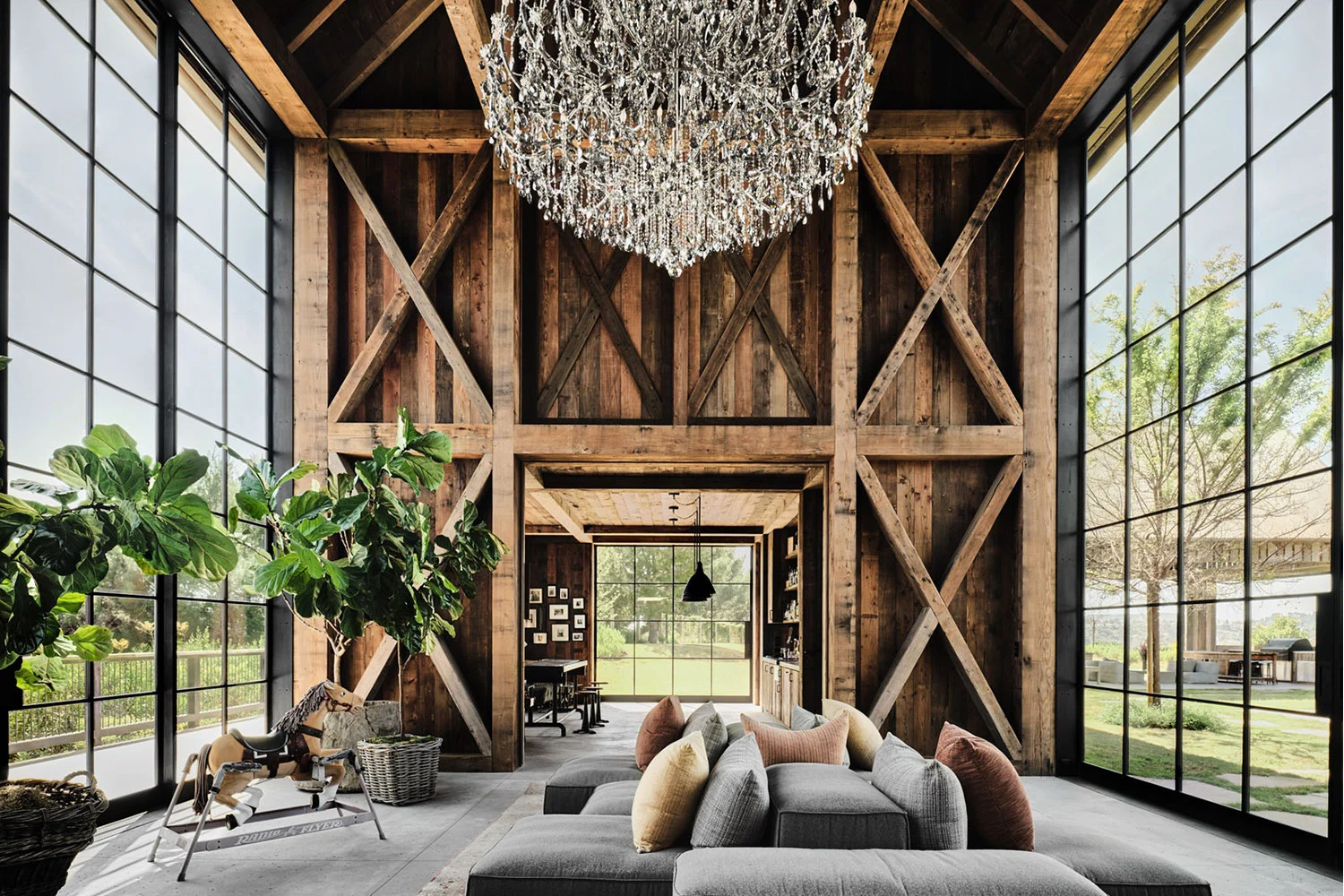Granville Strip Standoff: Province Blocks City’s Plan to Decant 300 Social-Housing Tenants Until New Units Are Ready
Jun 10, 2025
What the City Proposed
Vancouver Mayor Ken Sim has floated a high-profile plan to “re-energize” the Granville entertainment strip by relocating about 300 residents now living in aging single-room-occupancy (SRO) hotels and low-rise social-housing buildings.
City hall’s draft concept — leaked at last week’s Economic Advisory Committee — would:
Convert three provincially funded SROs into boutique hotels and arts venues.
Offer private landlords density bonuses to redevelop adjacent lots.
“Decant” current tenants to as-yet-undetermined sites in East Van or South Vancouver.
The goal: shrink open-air drug scenes, tame late-night violence, and jump-start Granville’s flagging nightlife economy before the 2030 Olympic bid.
The Province’s Line in the Sand
B.C. Housing Minister Ravi Kahlon responded within hours:
“Those 300 people aren’t going anywhere until we have habitable, supportive units ready — keys in hand, not promises on paper.”
Kahlon stressed that the units in question received provincial operating grants tied to specific tenant support plans. Evicting residents into “temporary” motels or shelter beds, he said, would breach funding agreements and risk repeating mistakes of earlier decant attempts that left vulnerable tenants in limbo.
Why Granville Matters
Although just six blocks long, the Granville strip concentrates a volatile mix:
10 licensed nightclubs,
four decrepit SRO hotels,
two provincially funded supportive-housing buildings (190 units total),
and one of the city’s worst street-overdose clusters.
Retailers complain of constant break-ins; club owners cite “an optics problem” scaring suburban patrons; nearby condo residents report sleepless weekends. Political pressure to “clean up Granville” has been building since Sim’s 2022 election campaign.
Anatomy of a Deadlock
Issue | City Hall Position | Provincial Position |
Timeline | Relocate tenants within 12 months; begin strip redevelopment by 2027. | Replacement units must be built first; realistic hand-over 2028–29. |
Capital Funding | City willing to contribute land + air-space parcels; expects province/federal $$ for new builds. | Province insists city cover at least one-third hard construction costs before any decant. |
Interim Housing | Short-term motel blocks or modular pods acceptable. | “Absolutely not”; only permanent, self-contained units qualify. |
Tenant Consent | City aims for “voluntary moves.” | Province requires written, informed consent after replacement site tours. |
Voices From the Buildings
Marjorie L., 62, resident of the 80-unit Arbutus Hotel SRO:
“I’ve lived here eight years. I’ll move if they show me a real apartment with my own bathroom. Until then, leave us out of their handshake deals.”
Andre P., 28, front-of-house manager at a Granville club:
“We lose business every weekend because customers feel unsafe walking past dealers and boarded-up hotels. We need action now, not bureaucratic ping-pong.”
Rosa Delgado, frontline outreach nurse:
“Decanting without wrap-around supports is a recipe for overdoses. Last time they tried, half my clients ended up couch-surfing in Surrey.”
The Money Problem
Average cost to build new supportive housing in Vancouver: $430 k per unit.
300 replacement units = $129 million (before land).
City’s capital-plan contingency for social housing (2025–28): ≈$40 million.
Even if Ottawa chips in via the Housing Accelerator Fund, a minimum $50 million gap remains — and current interest-rate spreads are hammering BC Housing’s borrowing capacity.
Political Stakes
Ken Sim needs a visible Granville “win” before 2026 civic elections.
Premier David Eby can’t afford another Downtown Eastside-style displacement scandal.
Federal Liberals eyeing Metro Vancouver swing ridings tout new-supply announcements but are wary of funding what critics could frame as “social cleansing.”
Behind closed doors, provincial strategists hint they might legislate minimum decant-housing standards if the city proceeds unilaterally.
What Happens Next?
30-day Technical Working Group
City and province will map vacant parcels suitable for rapid modular or concrete high-rise builds.Funding Showdown (September)
Sim must present a co-funding formula; otherwise, Kahlon says the strip plan is “dead on arrival.”Tenant Engagement
BC Housing to hold building-by-building assemblies; legal advocates ready to file injunctions if eviction notices appear without replacement addresses.Olympic Clock Ticks
If Vancouver 2030 bid advances, international scrutiny could force a faster — or far more transparent — solution.
Bottom Line
Granville’s future now hinges on an unglamorous prerequisite: 300 brand-new supportive-housing units that no one has budgeted and no developer has scheduled. Until shovels hit the ground, Minister Kahlon’s message is blunt: the people staying up on Granville’s tired hotel floors aren’t moving — and neither is the city’s grand revitalization plan.
Whether Mayor Sim can marshal land, cash, and construction timelines quickly enough — while keeping tenants onside — will decide if the iconic entertainment strip finally stages its comeback or remains stuck in political gridlock.
























